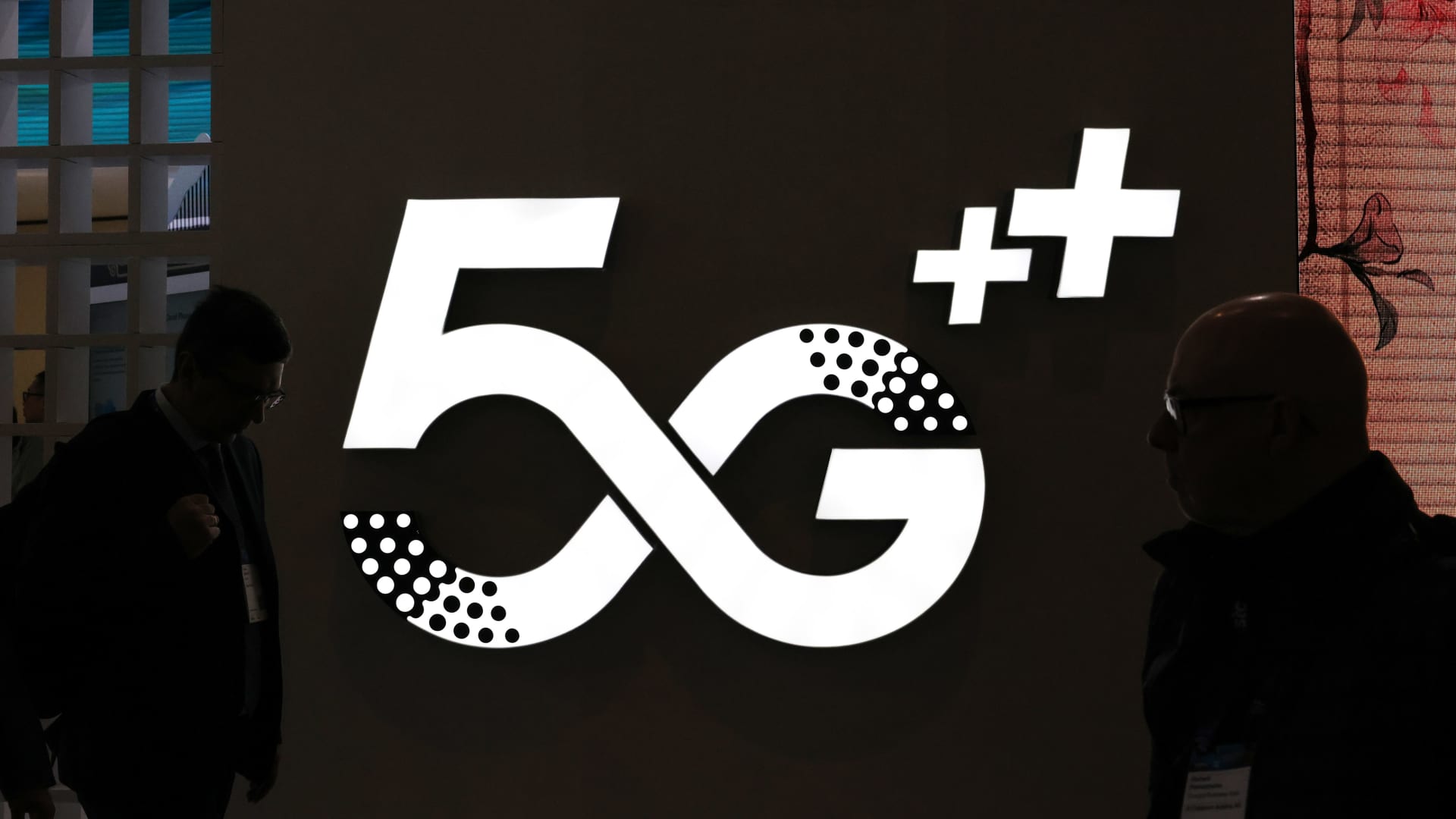Telecoms are improving connections in areas with more demand before upgrading all connections in areas with less demand, news at eleven.
Cities inherently have better infrastructure due to their density. It’s the entire point of cities, and it’s why suburbs have such bad issues with potholes and power outages. It’s just not financially viable to build out the latest infrastructure for sprawling suburbia.
Wait a second, are you trying to tell me that the Telecoms are doing the same thing they’ve done since 2.5G?
Since the advent of data transmission over cable, this has always been the case.
They’ve done this with every new generation, I’m shocked that they aren’t already advertising 6G
Oh, did you forget about the time LTE started rolling out and telcos decided to call HSPA+ (3.5G) 4G? One of these scumbags will start calling it 6G. Marketing teams are full of great ideas. /s
Technically speaking the first LTE specification didn’t meet 4G requirements either, so for a short while you could get two different fake 4Gs.
Over a decade ago and this crap still feels like yesterday.
“Comcast is discontinuing its its “Xfinity 10G Network” branding to describe its internet service after a National Advertising Review Board (NARB) panel found that the term could mislead consumers into thinking that Comcast’s cellular and broadband services would offer much faster speeds than current-generation networks.”
AT&T is already calling it 6GE(volution). /s
That’s all well and good until someone invents 6 minute abs
Fuck everything, we’re doing seven blades.
6G market entry is planned for around 2030 with first specifications being finished around 2027-28, there have always been around 10 years between generations.
Well sure. They are always going to be upgrading their networks.
Let’s see 4G LTE releases over the years…
• Release 8 (2008): Introduced base LTE capabilities, including high peak data rates (up to 300 Mbps downlink, 75 Mbps uplink), improved spectral efficiency, flexible bandwidth options, and lower latency compared to 3G.
• Release 9 (2011): Enhanced aspects of Release 8, such as carrier aggregation (combining multiple frequency bands for increased bandwidth), improved handover (switching between cell towers), and support for multicast/broadcast services.
• Release 10 (2011): Introduced LTE Advanced, marking a significant step forward. It brought features like wider bandwidth support, further carrier aggregation enhancements, and MIMO (Multiple-Input Multiple-Output) antenna technology for increased capacity and efficiency.
• Release 11 (2013): Continued improvements on LTE Advanced, focusing on enhanced interoperability with Wi-Fi, power saving features, and self-organizing network (SON) functionalities for network optimization.
• Release 12 (2014): Furthered LTE Advanced capabilities, including support for Voice over LTE (VoLTE) calls, machine-type communication (MTC) for low-power devices, and coordinated multi-point (CoMP) transmission for improved coverage and capacity.
They just put up 5g transponders on the tower that serves me at the beginning of this year. It’s worse than the 4g lte I was getting.
Welcome to the future!
I don’t know what to believe
“was” getting. Both can be true if LTE went downhill after the 5G deployment.
that is how technology works…
Yeah it would actually be kinda freaky if they finished rolling out an upgrade and just declared they were done.
Well, that’s it. Pack it up boys. Not more upgrades forever. We did it.
5G means Fifth Generation, so I would think that 5.5G is simply an improved version.
I’ve heard that they are constantly improving the standard, 5G was a “snapshot” that they agreed upon.
Not precisely.
Anyone else notice that after 5G came out, 4G seems to have slowed to 3G or less? It will sometimes take almost two minutes for a page to load, if at all with 4G status.
Yep.
And 5G is no better.
It all just sucks now. All of it. All the time.
3G was often better and more reliable when it was king than modern tech.
3G was often better and more reliable when it was king than modern tech
Yeah, cause at that time there were very few people using it for anything bandwidth intensive. 3g is absolutely terrible at serving lots of bandwidth to a big crowd, even it can deliver acceptable speeds to a few people in more rural areas
Fuck the environment, we need more G’s
We want 6g
canada it
Of course they are talking about it. The moment they finish defining (not deploying) one format, they talk about the next one. Did you expect 5G be the last format ever?
My foreign friends say this is an American problem and they have been past 5G for quite some time, even up to 8G speeds.
Yeah. Currently at 7G planning to move up to 8G once I get my Neuralink implant.
Fuck that forced obsolescence nonsense.
… technology getting better over time isn’t forced obsolescence.












